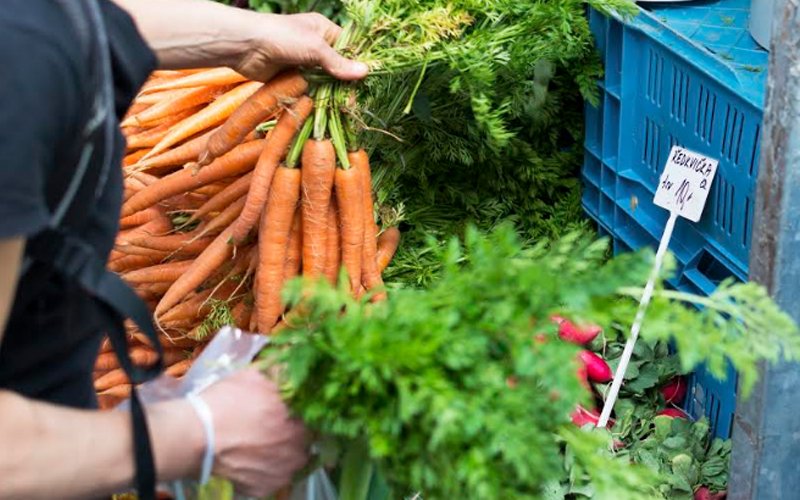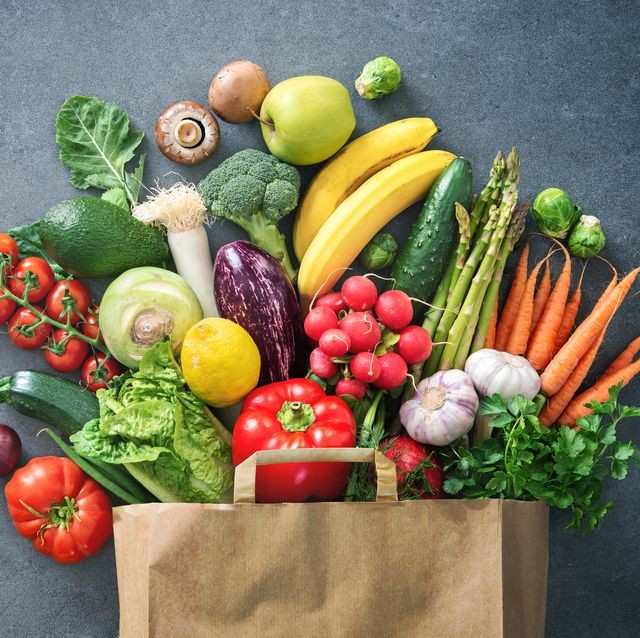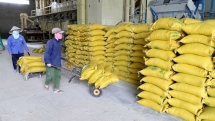6 tips on grocery shopping during COVID-19 season
| Young consumers alter spending habits due to COVID-19 outbreak | |
| Covid-19 (Coronavirus): Online shopping prospers | |
| Vietnamese spend big money on shopping during overseas trips |
 |
| If you’re stocking up on groceries during the current Movement Control Order, an expert has advised on how to plan your next shop wisely |
1. Don’t freeze milk
Although it’s ok to freeze most foods under the right conditions, it doesn’t work as well with milk. When you defrost it, you’ll find it separates and becomes slightly chunky, and it’s no longer the consistency you want for drinking.
However, if you want to use it for baking, that should be fine, as you won’t notice the consistency that much.
2. Consider milk substitutes
If you can substitute milk for cream, then buy that, as it will last longer. Or, you could try plant-based alternatives, which also last longer and have a similar nutritional profile to milk.
3. Think about fruit
Lots of people want to buy perishable fruit. The most commonly consumed fruit in the US throughout all seasons are bananas, oranges, apples and grapes.
But remember you will have to think about how to store them and how long you can keep them.
Peeled bananas freeze really well, but they don’t thaw well at all; use them to make smoothies or banana bread.
 |
| Remember to buy vegetables |
4. Remember to buy vegetables
Foods like carrots, peas and corn defrost pretty well, especially if you’re adding them to prepared dishes. On the other hand, defrosted broccoli is disappointing, as it gets soft, mushy, and loses its crunch.
But its nutritional value stays the same, so defrosted broccoli can be used to make a thick healthy soup; add some cheese, onions, and garlic for a really great meal.
5. Consider pre-frozen or canned goods
Behind all this food hoarding and mass purchasing are people who probably don’t have too much experience preparing food for long-term storage.
There is a lot of work that goes into safely storing large amounts of food so that its ready to be defrosted, prepared and consumed.
A good option is to buy pre-frozen and canned goods, because this can reduce your time and labour commitment, and can help reduce waste, and they can be great alternatives to fresh varieties. Just make sure to choose canned items that are low in sodium and added sugar.
6. Get creative!
For people who have time, interest and the right kitchen resources, this is a really unique opportunity to expand the types of ingredients you typically use for your recipes in your foods.
For example, if there are no onions, try shallots, which are essentially onions that are much smaller. This is a time to experiment with new ingredients and expand your palates.
 | Vietnam to stock 190.000 tons of rice for food security amid COVID-19 Vietnam's General Department of State Reserves plans to have 190,000 tons of rice in storage by June 15 to ensure the country has enough food ... |
 | Novel coronavirus: what do we know so far? Countries around the world are stepping up efforts to tackle the new coronavirus that has killed thousands. |
 | Coronavirus Update in Vietnam, March 27: desipe the new case increasing, also new recoveries seen Although it was announced that new case increasing to 153 infections in Vietnam on 26 March, the country also saw a new happiness from three ... |
Recommended
 Handbook
Handbook
Vietnam Moves Up 8 Places In World Happiness Index
 Handbook
Handbook
Travelling Vietnam Through French Artist's Children Book
 Multimedia
Multimedia
Vietnamese Turmeric Fish among Best Asian Dishes: TasteAtlas
 Handbook
Handbook
From Lost to Found: German Tourist Thanks Vietnamese Police for Returning His Bag
Popular article
 Handbook
Handbook
Prediction and Resolution for the Disasters of Humanity
 Handbook
Handbook
16 French Films To Be Shown For Free During Tet Holiday In Vietnam
 Handbook
Handbook
Unique Cultural and Religious Activities to Welcome Year of the Snake
 Handbook
Handbook










